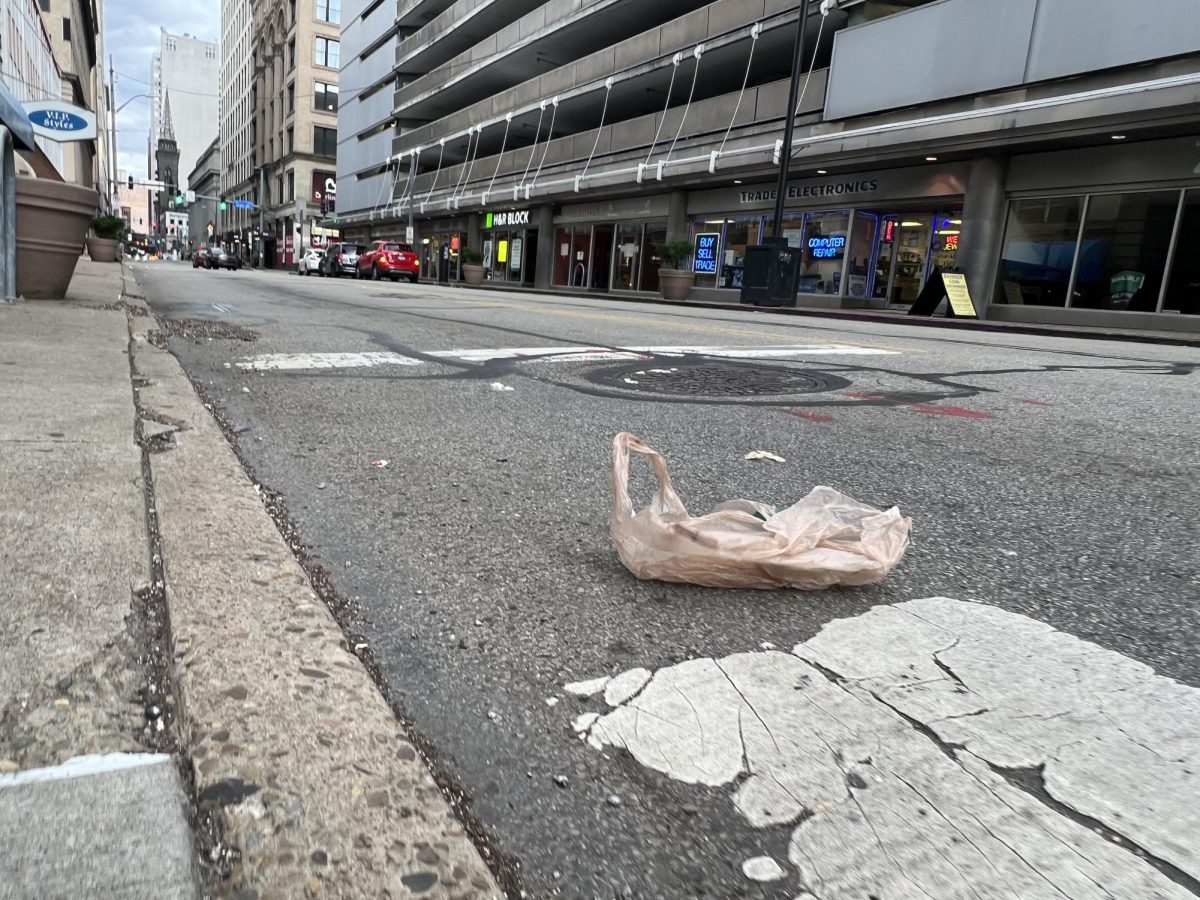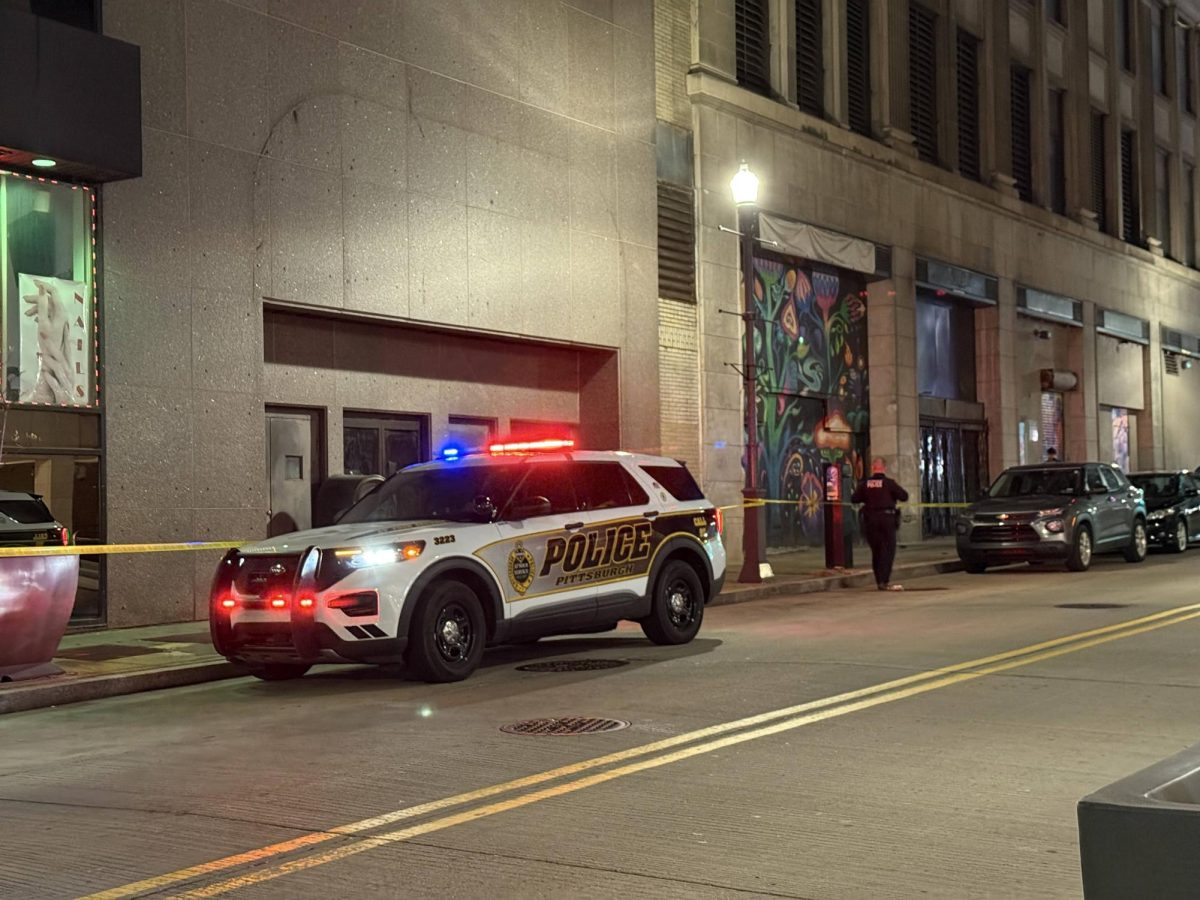Stores will need to begin charging a minimum of 10 cents for recycled brown bags as a city wide ban of plastic bags is enforced, according to Olga George, press secretary for the Mayor’s office. Certain types of plastic bags will still be available for purchase like bags used to package medications, fruit or wrap meats.
Store owner Michael Krieger of the Boulevard Boutique has been prepared for the city wide plastic bag ban since its delay last year and plans to use plastic bags left behind until October 14, when the ban will begin to be loosely enforced.
Krieger said that brown bags that are specifically made out of recycled materials are more expensive and he will definitely be charging an offset cost for them.
“I’ve been ready for it. It’s not a huge cost difference with their offset,” Krieger said. “Especially since they do have to be recycled post-consumer bags, that updated the cost.”
Krieger thinks that the ban is a great thing, but he said that allegedly, the city was supposed to provide each citizen with a tote bag. He doesn’t think that “they’ve done it yet.”
He estimates that the plastic bags that he currently uses cost around three cents and the brown ones are closer to 10.
“The city actually, I’m guessing, did their homework when they put that price,” Krieger said.
As a business owner of an Adult Boutique, Krieger said that his opinion on the ban hasn’t changed much, he sees both positives and negatives to the situation.
Adele Morelli has been using brown bags stamped with her logo since she became the owner of Boutique la Passerellé on Wood Street. She sells imported clothing from places like Portugal and the United Kingdom.
“I like them, you can reuse them, they’re sturdy, they’re renewable [and] sustainable,” Morelli said.
Like Krieger with plastic, Morelli “inherited” her brown bags from the previous owner and has used them since. She’s never investigated the cost difference between the two materials. Since this year, she said that her customers have more frequently been bringing their own reusable bags.
She tries to use, “the least amount of wrapping and product possible, a lot of people like that,” Morelli said. “But I guess I am a little confused, I don’t know do I have to start charging for [the brown bags]?”
Morelli said that the communication between the city and herself has been limited. She learned about the ban through other business owners who sent her the city-wide press release.
“I don’t feel like they did a good job communicating directly to me about it. I had to hear about it and then seek it out,” Morelli said
Jacob Interthal is a 37-year-old from Cannonsburg, and he believes that the ban is a good thing. He limits his use of plastic bag waste by using a reusable bag when he is shopping.
“I’ll go to Aldi, and they’ll have the boxes; I think there’s a problem with overusing plastics.” Interthal said.
At home, Interthal said that he has an abundance of plastic bags because he stores all the bags he uses and doesn’t throw them out.
“I don’t believe when they have the recycling on them that it goes to proper recycling.” Interthal said.
Mckenna Reiser said that the ban won’t really affect her. She is a sophomore acting major who brings reusable bags with her when she goes shopping.
“I don’t think that people using plastic bags necessarily in these situations is the biggest source of where the problem comes from,” Reiser said.
She doesn’t know if forcing customers to purchase the bags for 10 cents will fix the problem. Having a reusable bag is easier for them than storing a bunch of plastic bags like Interthal does.
“Some people would get annoyed by it but I don’t; it doesn’t bother me either way,” Reiser said.







